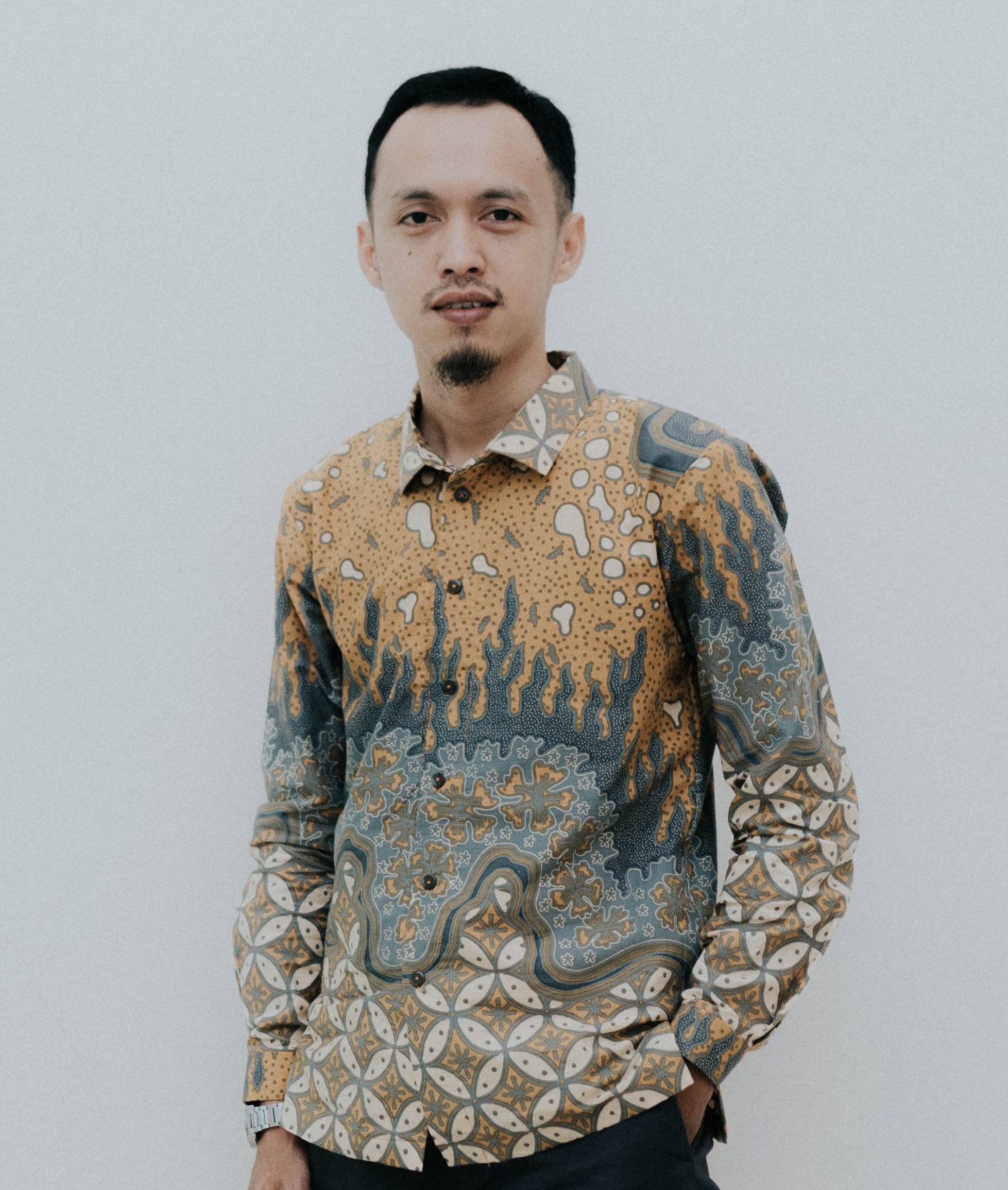Subjective Well-Being Profile of Students at SMA Negeri 9 Bandung
Keywords:
student, subjective well-beingAbstract
Adolescence is a period that is quite vulnerable to change and challenges so adolescents need subjective well-being in their lives concerning true happiness and life satisfaction because if adolescents have high subjective well-being, they also show a higher level of success in the academic, social, and academic fields. intrapersonal. Hence, this study aims to describe the subjective well-being profile of students at SMA Negeri 9 Bandung. The research approach was carried out using a quantitative and descriptive method with a total of 305 students in class XI. From the students' subjective well-being instruments that have been distributed, several findings were obtained, namely the overall subjective well-being profile of students in the medium category with a percentage of 68% and the level of the tendency of students' subjective well-being in each dimension in the medium category.References
Creswell, J. W. (2012). Educational Research: Planning, Conducting and Evaluating Quantitative and Qualitative Research (Fourth Edi). Pearson Education.
De Jong, P. J., et al. (2012). Co-occurrence of social anxiety and depression symptoms in adolescence: Differential links with implicit and explicit selfestee: Psychological Medicine, 42, 475-484.
Diener, E., & Ryan, K. (2009). Subjective well-being: a general overview. South African Journal of Psychology, 39(4), 391-406.
Diener, E., Scollon, C. M., & Lucas, R. E. (2004). The evolving concept ofsubjective well-being: The multifaceted nature of happiness. In P. T. Costa &I. C. Siegler (Eds.), The psychology of aging (Vol. 15, pp. 187–220). Amsterdam: Elsevier Science.
Horwitz, A. G., Hill, R. M., & King, C. A. (2011). Specific Coping Behaviors in Relation to Adolescent Depression and Suicidal Ideation. Journal of Adolescence, 34(5), 1077–1085.
Kifer, Y. et al. (2013). The good life of the powerful: The experience of power and authenticity enhances subjective well-being. Psychological Science, 24 (3), hlm. 280-288
Marques, S.C., Lopez, S.J., & Pais-Ribeiro, J.L. (2009). Cross-sectional and longitudinal predictors of early adolescents’x academic achievement. Paper presented at the 11th European Congress of Psychology, Oslo, Norway.
Pahlevi, R., Utomo, P., & Zubaidah, Z. (2021). Kesejahteraan Psikologis Anak Autis Ditinjau dari Layanan Bimbingan dan Konseling Berkebutuhan Khusus di Sekolah. Jurnal Hawa: Studi Pengarus Utamaan Gender dan Anak, 3(1), 25-32. http://dx.doi.org/10.29300/hawapsga.v3i1.5420
Seligman, M. E. P., Steen, T. A., Park, N., & Peterson, C. (2005). Positive psychology progress: Empirical validation of interventions. American Psychologist, 60, 410-421
Tian, L., Zhao, J., & Huebner, E. S. (2015). School-related social support and subjective well-being in school among adolescents: The role of selfsystem factors. Journal of Adolescence, 45, hlm. 138-148
Yusuf, S & Nurihsan, J (2014). Psikologi perkembangan anak dan remaja. Bandung: PT Remaja Rosdakarya.
Downloads
Published
How to Cite
Issue
Section
License

This work is licensed under a Creative Commons Attribution-NonCommercial-ShareAlike 4.0 International License.
Copright Notice the Siliwangi Annual International Conference on Guidance and Counselling (SAICGC)
The conference work is licensed under a Creative Commons Attribution License. Authors who publish with this journal agree to the following terms:
- Authors retain copyright and grant the journal right of first publication with the work simultaneously licensed under a Creative Commons Attribution License that allows others to share the work with an acknowledgment of the work's authorship and initial publication in this journal.
- Authors are able to enter into separate, additional contractual arrangements for the non-exclusive distribution of the journal's published version of the work (e.g., post it to an institutional repository or publish it in a book), with an acknowledgment of its initial publication in this journal.
- Authors are permitted and encouraged to post their work online (e.g., in institutional repositories or on their website) prior to and during the submission process, as it can lead to productive exchanges, as well as earlier and greater citation of published work.












